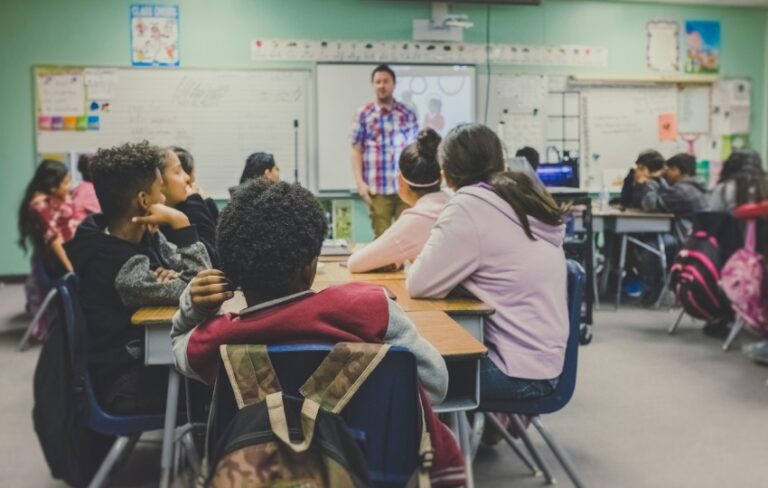Research on risks young people encounter in online social networks from an Italian perspective

Based on the results of a research conducted in Italy and in the other partners’ country within the Erasmus Plus project RISE – Action-based approach in addressing and mitigation risks of young people in online social networks, a digital game will be developed to educate youth on how to prevent, identify, mitigate and fight online risk.
Within the Erasmus Plus project RISE – Action-based approach in addressing and mitigation risks of young people in online social networks, a research has been conducted in Italy to assess the current state of the online behavior of young people and to propose some solutions to mitigate the related risks.
A preliminary desk research, targeted to the so called Gen-Z, consisting of digital natives – people at ease with technology and who spend an increasing time online – revealed that they are likely to face a wide range of risks online, including fake news, cyberbullying, identity theft, grooming and internet addictions, including internet gaming disorder, which negatively impact attention, memory, sleeping patterns and physical well-being.
A field research was then conducted through surveys and interviews targeting an Italian sample of participants with different characteristics. Two main points emerged:
- The group aged 16-18, those who live in large cities and the ones having an income below the Italian average are more likely to fall for fake news, mainly because they because do not possess the appropriate tools to filter information or because they are not willing to check and double check the source of information;
- Young people share personal information and intimate content because they trust the recipient and treat social media as another way to communicate.
Is it possible to create a safer digital space?
Professors and psychologists agreed that appropriate education and preventive information are the best way to protect the youngest, especially when digital education is tailored on the different ages of users. Some impacting actions may be:
- Information campaigns and resources conducted outside of the school evinronment and aimed both at youngsters and their parents.
- Teacher support, after educating this category on identifying and reacting to digital risks.
- Teenager-centred support outside of the school and reporting mechanisms for illegal digital activity.
- Coordinated policy and frameworks elaboration of legal frameworks and/or action plans.
The above mentioned researches led to a National report, which will be used as the starting point to develop a game able to educate youth on how to prevent, identify, mitigate and fight online risk.
It will replicate possible daily life situations, to facilitate the adaptability of what the user has learnt and lived online through the game to his/ her real life. The scenarios will be designed with the purpose of stimulating the critical thinking of the gamers and each choice will lead to different consequences, in order to hold them accountable for their actions.






